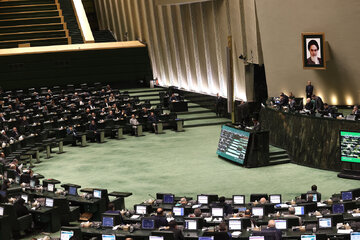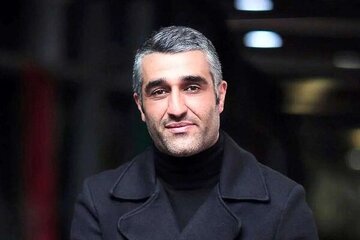Mohammad Reza Noroozpour
Iran’s talk to P5+1 in Baghdad ended last week and now everyone is looking forward to seeing what is going to happen in Moscow in 18 June. However, as long as P5+1 maybe under the influence of United States harsh and irrational policies toward Iran, there will be no hope to reach a common ground in the next round of talks. Here is a short interview with Reese Erlich an American best-selling book author and freelance journalist who writes regularly for the Canadian Broadcasting Corp. Radio, Marketplace Radio and National Public Radio about Iran and P5+1 talks.
I like to have your points of view about Baghdad talks. What do you think is the main obstacle for the success of the talks?
The Obama Administration has decided that it wants to overthrow or severely weaken the government in Iran using very tough sanctions. So it constructs its positions so Iran cannot possibly respond affirmatively. The US wanted massive concessions from Iran but refused to take steps to lift the sanctions. The US could resolve the nuclear issue very quickly since everyone acknowledges that
Iran has no nuclear weapons program.
Is it true that Israel, through AIPAC lobby in America, do not let the process goes on?
AIPAC exerts significant influence in US policy towards Iran. But there are also hardliners in the CIA and State Department who have no direct ties to AIPAC. They all agree on the need to overthrow the Iranian government; they differ on the means (sanctions vs. military attack).
Do you see a new war at the horizon?
At the moment, neither the US nor Israel are likely to militarily attack Iran, at least not during an election year. But they will continue to bluster and threaten.
What is the solution, then?
Iran must allow full inspection of its nuclear facilities and agree not to enrich uranium beyond the legal limits. The US must halt all sanctions and threats of military action. I fully believe that the people of Iran, as shown in the recent past, are capable of changing their government's policies in both foreign and domestic areas. They don't need foreign powers dictating what kind of government they should have.












نظر شما